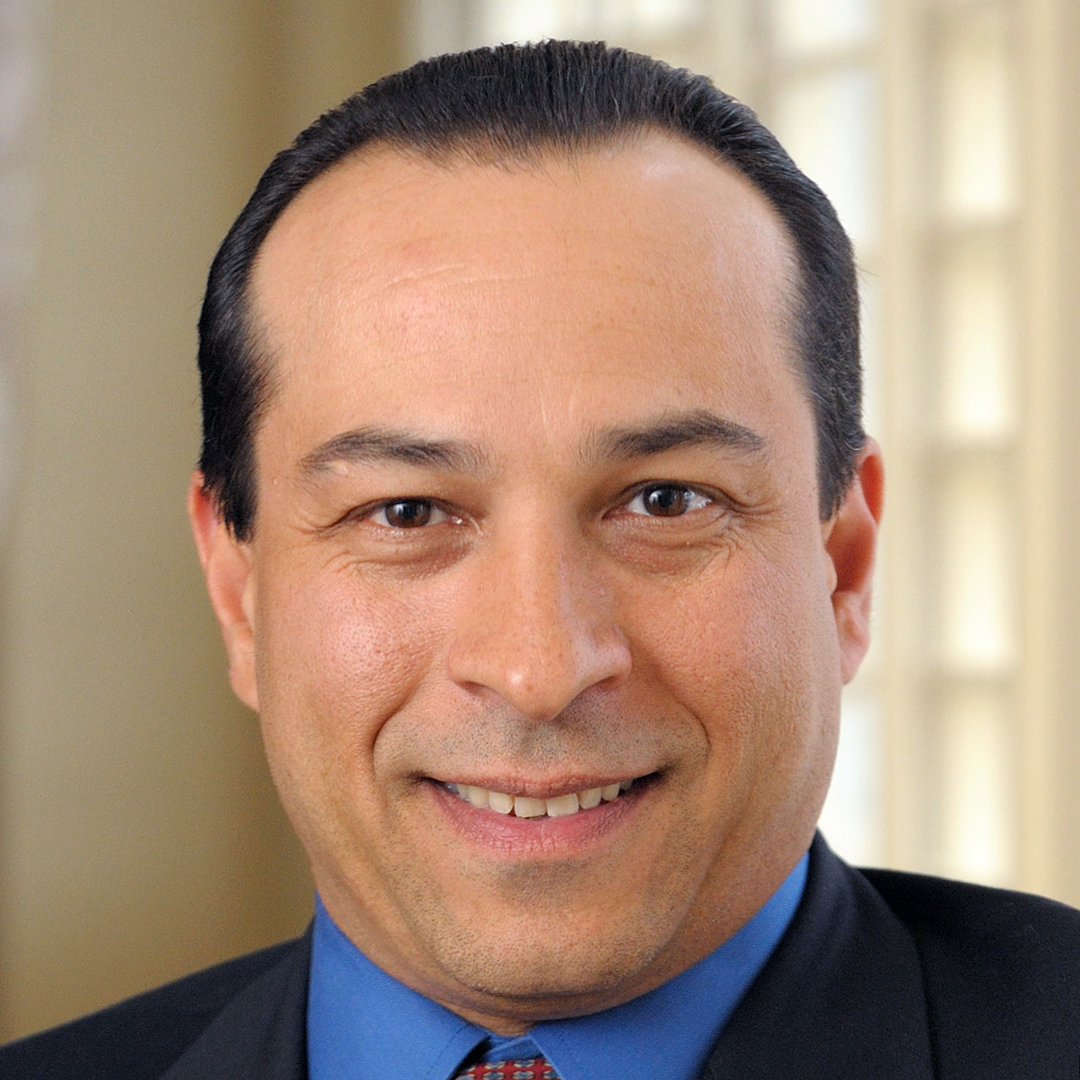With the gig economy increasing its hold on workers looking for flexibility and autonomy, the war on talent is waged everywhere—even the pizza industry. Rich Butler, vice president of talent management at delivery giant Papa John’s, says the days of doing battle, however, have passed.
“Talent won,” Butler says. So he’s hard at work crafting and leading new initiatives to bring new talent into the Papa John’s family.

“Working from the bottom served me well,” says Butler, who started his twenty-year career at Papa John’s as a delivery driver after moving from a management position at Domino’s. Within months, Butler worked his way up to management, and continued to progress through virtually every level of position to his current role at VP of talent management.
“It gave me a real appreciation for what each one of those positions did, and the value it provided,” Butler says, adding that it helps him understand the kind of talent needed for those roles.
Butler’s work to attract those targets to Papa John’s has never been harder, however. Talented drivers now have the option to work on their terms, with access to daily pay, instead of biweekly checks. What those contracting gigs lack, however, is the stability and infrastructure of a large company like Papa John’s, Butler says. These include benefits, the potential for career advancement, and more.
Butler’s talent management team created several initiatives and programs with their training partner Eagle’s Flight, to bring young, career-minded workers into the fold. Their college degree program, Doughs and Degrees, gives Butler and Papa John’s the ability to fully fund their workers’ college education.
“More people are going after college education these days, but the rising cost of student debt is astronomical,” Butler says, adding that by helping employees bring those costs down, Papa John’s can better demonstrate its commitment to developing its workers.
For those workers looking to secure a career path within Papa John’s, the company has you covered. Papa John’s promotes 89 percent of team members from within, offering numerous opportunities for internal advancement. The company’s career development program, called “CSR to CEO” developed in partnership with Eagle’s Flight, mirrors current Papa John’s CEO Steve Ritchie’s own career path from customer service rep to chief executive officer: entrants into the program on both corporate and franchise sides of the business can emulate that path. It’s a program Butler is particularly proud to see flourish.
“We put a significant investment into our team members,” he says. “It’s what the ‘PAPA’ in Papa John’s stands for: people are priority always.”
What’s more, the company has been working to recover from the recent stepping down of Papa John’s founder and CEO John Schnatter, necessitating a refocus of the company’s image without him. Their recent marketing campaign, Voices, emphasizes the 120,000 team members across the organization and the 1,000 franchise owners that make up Papa John’s. In addition to this marketing campaign, Papa John’s also developed a diversity, equity, and inclusion program to train their employees on this important issue.
“We’re taking advantage of this opportunity to show the franchise owners as the representatives of the brand,” Butler says.
In addition to bringing in talented employees and growing the business, Butler says these new initiatives also bolster Papa John’s sense of social responsibility, which is fundamental to the company’s corporate culture.
“We’ve always looked at Papa John’s as one store, repeated 5,000 times,” he explains. Franchises are given the opportunity to leverage mentorship programs and project-based learning and are highly encouraged to participate in local nonprofit organizations. From college-degree programs to improvements in the supply chain, Butler says management asks the same question of every initiative: “Is this the right thing for team members, for customers, and for the community?”
The goals for Papa John’s talent-development programs include making smart investments in both team members and franchisees. Their operator-to-owner program provides opportunities for local entrepreneurs to join the brand, making for an easier transition from independent operation to membership in the company.
“Over the years, our partnership with Papa John’s has evolved to fit the changing needs of their business,” says John Wright, president of leadership development and learning events at Eagle’s Flight. “We’re proud that their investment in people development is making a real difference in their employee’s lives.”
Whether in the corporate or franchise end of the business, Papa John’s strives to cultivate the intimacy and camaraderie of a locally owned and operated store, regardless of the company’s size. That’s an important not only for the company, but Butler himself.
“People rely on one another,” he says. “That’s what keeps me coming back.”

